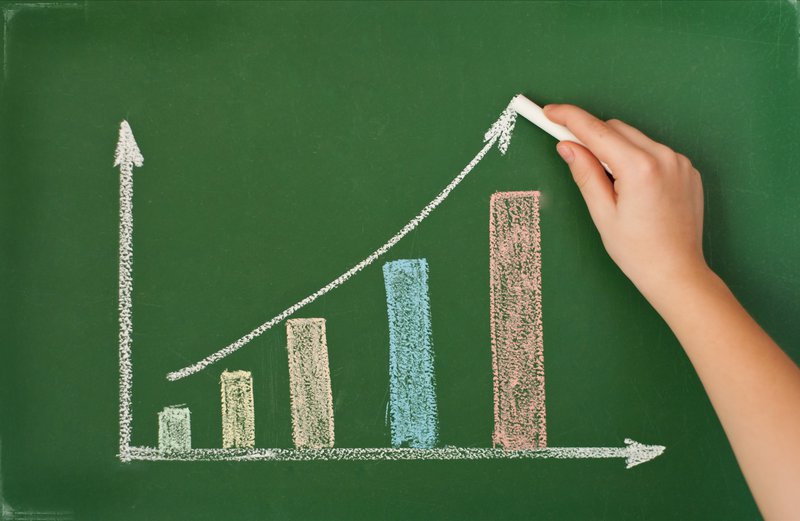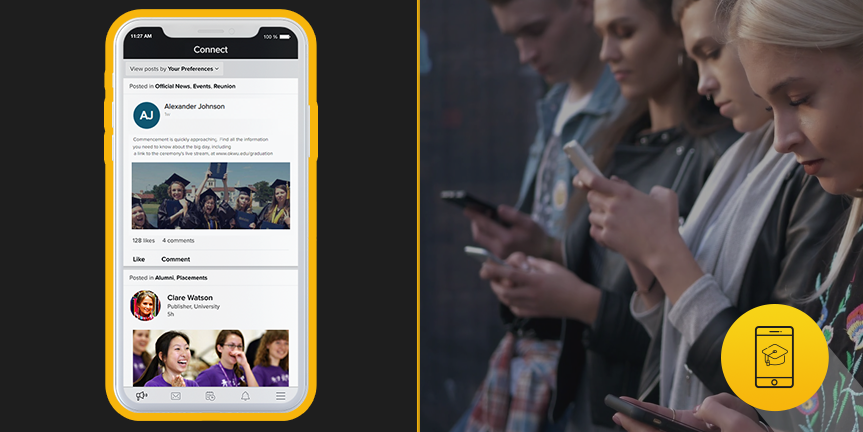In today’s rapidly changing world, education plays a vital role in shaping the future of individuals and societies. Traditional educational models have long been the norm, but with the advent of progress learning, a paradigm shift is taking place. Progress learning, a student-centric approach, focuses on personalized and dynamic learning experiences that cater to each learner’s unique needs and abilities. In this article, we will explore how progress learning is revolutionizing education for all, empowering learners and promoting lifelong learning.
Table of Contents
Embracing Personalized Learning

Progress learning places a strong emphasis on personalized learning, acknowledging that every learner has unique strengths, weaknesses, and learning styles. By leveraging technology and innovative teaching methods, educators can tailor instruction to meet the specific needs of each student. This approach enables learners to progress at their own pace, fostering a deeper understanding of concepts and boosting their confidence. Through personalized learning, progress learning ensures that no student is left behind, promoting inclusive education for all.
Promoting Critical Thinking and Problem-Solving Skills
One of the key goals of progress learning is to develop critical thinking and problem-solving skills in students. Traditional education often focuses on rote memorization and regurgitation of information, leaving little room for independent thinking. In contrast, progress learning encourages students to analyze, evaluate, and apply knowledge to real-world situations. By engaging in hands-on activities, collaborative projects, and inquiry-based learning, learners develop the ability to think critically, solve complex problems, and adapt to the ever-evolving demands of the modern world.
Harnessing Technology for Enhanced Learning
Technology plays a pivotal role in progress learning, offering endless possibilities to enhance the learning experience. Interactive digital platforms, virtual reality simulations, and online learning resources enable students to engage with the subject matter in exciting and immersive ways. These tools provide immediate feedback, adaptive assessments, and personalized recommendations, allowing learners to monitor their progress and identify areas for improvement. By integrating technology into the classroom, progress learning promotes digital literacy and equips students with essential 21st-century skills.
Fostering Collaboration and Communication

In today’s interconnected world, collaboration and effective communication are essential skills. Progress learning recognizes the significance of these skills and emphasizes their development. Through collaborative projects, group discussions, and peer-to-peer interactions, students learn to work in teams, respect diverse perspectives, and effectively convey their ideas. These experiences prepare learners for future professional environments where teamwork and effective communication are highly valued.
Cultivating Lifelong Learners
Traditional education often focuses on the acquisition of knowledge within a specific timeframe. Progress learning, on the other hand, instills a love for learning that extends far beyond the confines of the classroom. By nurturing curiosity, self-motivation, and a growth mindset, progress learning cultivates lifelong learners. Students are encouraged to explore their interests, pursue independent research, and engage in continuous self-improvement. This approach ensures that education becomes a lifelong journey, empowering individuals to adapt to new challenges and embrace opportunities for personal and professional growth.
Ensuring Inclusivity and Accessibility
Education should be accessible to all, regardless of background, abilities, or circumstances. Progress learning strives to break down barriers and create inclusive learning environments. Through adaptive technologies, assistive devices, and differentiated instruction, learners with diverse needs can actively participate in the learning process. This inclusive approach not only benefits students with disabilities but also fosters a culture of empathy, understanding, and acceptance among all learners.
Encouraging Global Citizenship

In an increasingly interconnected world, global citizenship is a crucial attribute that prepares students for a diverse and multicultural society. Progress learning integrates global perspectives, promotes cultural awareness, and encourages empathy towards others. By incorporating international issues, global challenges, and intercultural dialogue into the curriculum, learners develop a broader worldview and become responsible global citizens who strive for positive change.
Conclusion
Progress learning is revolutionizing education by providing personalized, dynamic, and inclusive learning experiences for all learners. By embracing personalized learning, promoting critical thinking, harnessing technology, fostering collaboration, cultivating lifelong learners, ensuring inclusivity, and encouraging global citizenship, progress learning equips students with the skills and knowledge they need to thrive in the 21st century. As educators, policymakers, and stakeholders embrace progress learning, we can unlock the full potential of education and empower individuals to become active contributors to society. Let us embrace this transformative approach to education and embark on a journey of progress and lifelong learning for all.
Learn about: Master the Art of Quick Maths: Multiply Your Success with Lightning-Fast Calculations


